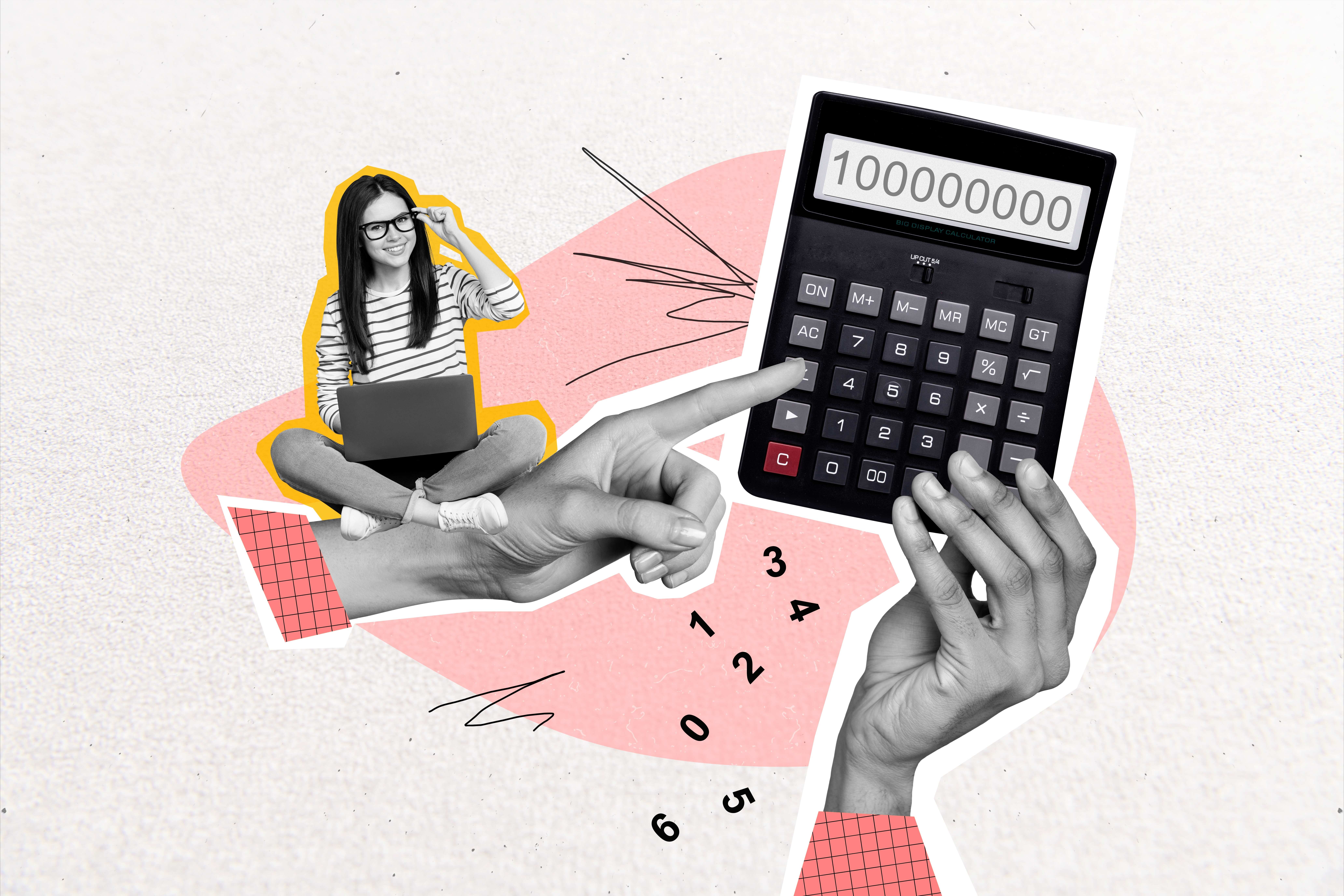Student finance guide
Student finance can seem like a scary concept but when you break it down, it is quite a straightforward process.
What is student finance? With tuition fees costing £9,250 per year, it can seem impossible to further your education. Student finance exists to deal with this issue. It is funded by the government to pay for your course costs upfront for you. They also offer a means-tested maintenance loan to help with your costs of living whilst studying.
When will I need to repay?
Student finance does not need to be paid back straight away and it has no bearing on your credit score and lenders who consider giving you finance will not be able to see your student loan. The only people who may consider your student loan are mortgage advisors, depending on whether you have met the threshold for repayments. You will only make repayments once you earn enough, and these payments will come directly out of your wage (note this is different if you are self-employed. The thresholds and repayment amount can be found on the Government website here.
The thresholds are different for each plan type.
|
Plan type |
Yearly threshold |
Monthly threshold |
Weekly threshold |
|
1 |
£24,990 |
£2,082 |
£480 |
|
2 |
£27,295 |
£2,274 |
£524 |
|
4 |
£31,395 |
£2,616 |
£603 |
|
5 |
£25,000 |
£2,083 |
£480 |
|
Postgrad Loan |
£21,000 |
£1,750 |
£403 |
You will repay either 9% of your income over the threshold if you are on Plan 1, 2, 4 or 5. 6% of your income over the threshold if you are on a Postgraduate Loan plan.
The examples show how much you would repay depending on your income and plan type:
Example: You are on Plan 1 and have an income of £33,000 a year, meaning you get paid £2,750 each month.
Calculation: £2,750 – £2,082 (your income minus the Plan 1 threshold) = £668
9% of £668 = £60.12
This means the amount you would repay each month would be £60.
Am I Eligible for Student Finance?
You should be eligible for student finance and a maintenance loan if you are studying an approved course at a registered University and have not previously started a degree.
You will also need to be a UK Citizen (or have “Settled” status) or have been living here for at least three years before your course start date.
When should I apply?
You can apply for Student finance in the Spring before your course starts, its best to get it done straight away so that it is ready for when you start your course. You do not need to have your confirmed choice when you first apply, - you can add those details later. You are also able to apply up to 9 months after the start of your course.
How to pay?
Payments are taken straight out of your salary at the same time as tax and national insurance. Your pay slips will show you how much has been deducted for student finance. However, make sure your employer has you on the correct repayment plan and that you are not paying your student finance back until you meet the repayment threshold.
You can make repayments early through your online account, there is no penalty for doing this. You will be able to see your repayments in the account and with your annual statements from student finance.
If you are self-employed then HMRC will work out how much you pay from tax return. You pay at the same time as you pay your tax return.
If you leave the UK for more than three months, then you must let the student loans company know. You will have to continue making payments unless you can provide evidence that your income does not meet the minimum threshold. If you do not let them know your circumstances have changed then you could build up arrears and these will need to be paid regardless of whether you meet the threshold. Arrears are paid separately to your monthly repayments.
Avoid paying more than you owe by setting up a direct debit in your last year of loan payments, SLC will contact you to organise this. This will stop your employer from taking more than you owe. Make sure you keep your contact details up to date in your online account.
Getting a refund
You may be eligible for a refund if:
Payments were taken from you, and you were below the minimum threshold.
You started making repayments before you needed to
You have paid more than you should have as your employer had you on the wrong repayment plan.
You have paid more than you owe.
You cannot get a refund for extra payments you have made.
HMRC will tell your employer to stop making repayments once you have paid it all off, however this will take 4 weeks to update however so double check your account for any overpayments.
SLC will try to either contact you if you have paid too much or automatically refund you. However, we would advise you to contact them directly to discuss any overpayments to get this rectified quickly.






